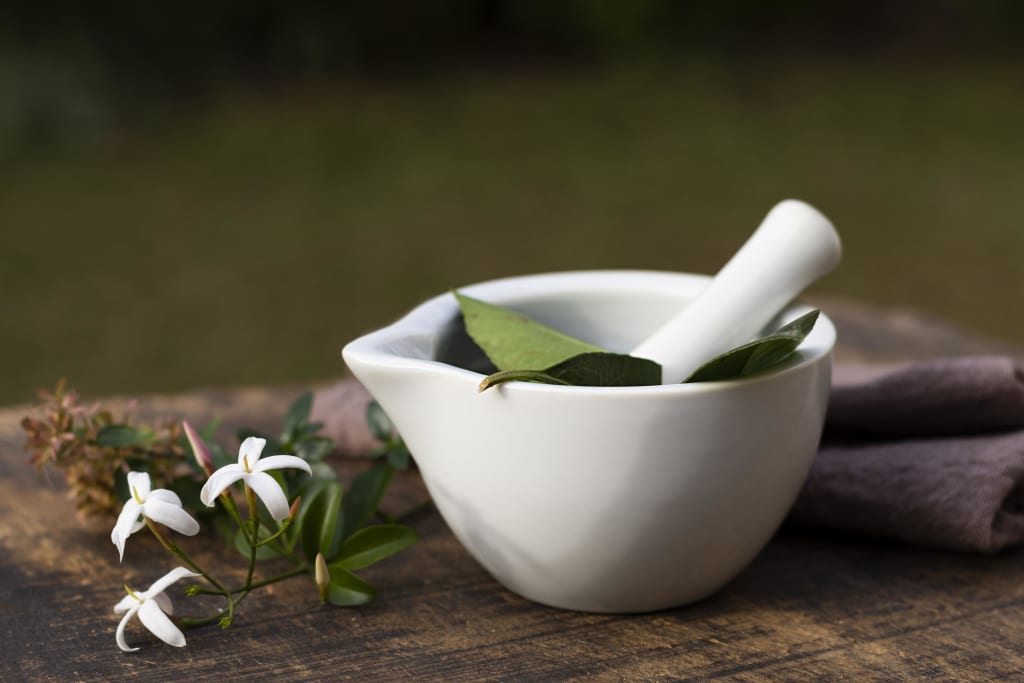Unlock the Secrets of Medicinal Garden Design for Optimal Health and Healing!
Learn how to design your medicinal garden kit to maximize the health benefits of your plants, and how to use them for natural healing.

If you're interested in natural remedies and self-sufficiency, a medicinal garden is an excellent investment. Not only can you grow a variety of herbs, shrubs, and trees with healing properties, but you'll also have fresh ingredients for teas, tinctures, and other homemade remedies.
But where do you start? In this beginner's guide to medicinal gardens, we'll explore what to plant, how to plan and plant your garden, and some common medicinal plants to get you started.
What Should Be in a Medicinal Garden?
The plants in a medicinal garden can vary based on your goals and interests, but there are a few key types of plants you should consider:
Herbs: Many herbs have healing properties, from calming chamomile to immune-boosting echinacea. Popular medicinal herbs include peppermint, lavender, lemon balm, and St. John's Wort.
Shrubs: Shrubs like elderberry, rose hips, and hibiscus can provide both medicinal and edible benefits. Elderberry, for example, is a powerful immune booster, while rose hips are rich in vitamin C.
Trees: Trees like birch, willow, and oak have medicinal uses as well. Willow bark, for instance, contains salicin, a natural pain reliever that inspired the creation of aspirin.
Unlock the Healing Power of Nature with Our Medicinal Garden Kit - Order Now!
How Do You Plan and Plant a Medicinal Herbal Garden?
Once you've decided what plants to include, it's time to plan and plant your garden. Here are some basic steps to follow:
Site selection: Choose a location with plenty of sunlight and well-draining soil. Make sure the spot is easily accessible for maintenance and harvesting.
Bed preparation: Prepare your garden bed by removing any weeds or grass and tilling the soil. Add compost or other organic matter to improve soil health.
Plant placement: Group plants according to their light and soil requirements, and consider companion planting to improve yields and deter pests.

What Does a Medicinal Garden Do?
Medicinal gardens provide a wealth of benefits, from promoting wellness to enhancing self-sufficiency. Here are just a few of the benefits:
Natural remedies: By growing medicinal plants, you can create natural remedies for common ailments like headaches, stomachaches, and colds.
Stress relief: Gardening has been shown to reduce stress and anxiety, making a medicinal garden a great way to improve mental health.
Self-sufficiency: By growing your own medicinal plants, you'll become less reliant on store-bought remedies and more self-sufficient.
Unlock the Healing Power of Nature with Our Medicinal Garden Kit - Order Now!
What Are Some Common Medicinal Plants?
There are countless medicinal plants to choose from, but here are five popular options:
Echinacea: Echinacea is a powerful immune booster that can help prevent and treat colds and other infections.
Lavender: Lavender is known for its relaxing properties and can be used in teas, baths, and other remedies to promote calm and restful sleep.
Chamomile: Chamomile is a natural sedative that can help with anxiety, insomnia, and digestive issues.
Ginger: Ginger is a natural anti-inflammatory that can help with nausea, headaches, and muscle pain.
Peppermint: Peppermint is a natural pain reliever that can help with headaches, menstrual cramps, and digestive issues.
Which Plant Is Known as the Mother of Medicine?
One of the most revered medicinal plants is the aloe vera plant, which is often called the "mother of medicine." Aloe vera has been used for centuries to treat a variety of ailments, from burns and wounds to digestive issues.
Conclusion
creating and maintaining a medicinal garden can be a rewarding and fulfilling experience. Not only can it provide a source of natural remedies for common ailments, but it can also serve as a beautiful and therapeutic space for relaxation and contemplation. By following the steps outlined in this article, you can plan and plant a medicinal herbal garden that will provide you with a diverse range of medicinal plants to use in your daily life. Remember to always do your research and consult with a healthcare professional before using any new herbs or plants for medicinal purposes. With a little patience and care, your medicinal garden can flourish and provide you with an abundance of healing benefits for years to come.
Unlock the Healing Power of Nature with Our Medicinal Garden Kit - Order Now!
This article contains affiliate links, this is where you will get your products. This means I will get a commission when you do a purchase, which i would humble appreciate. This however does not mean your purchase cost will be added. I wish you a good luck as you chase your goal.





Comments
There are no comments for this story
Be the first to respond and start the conversation.